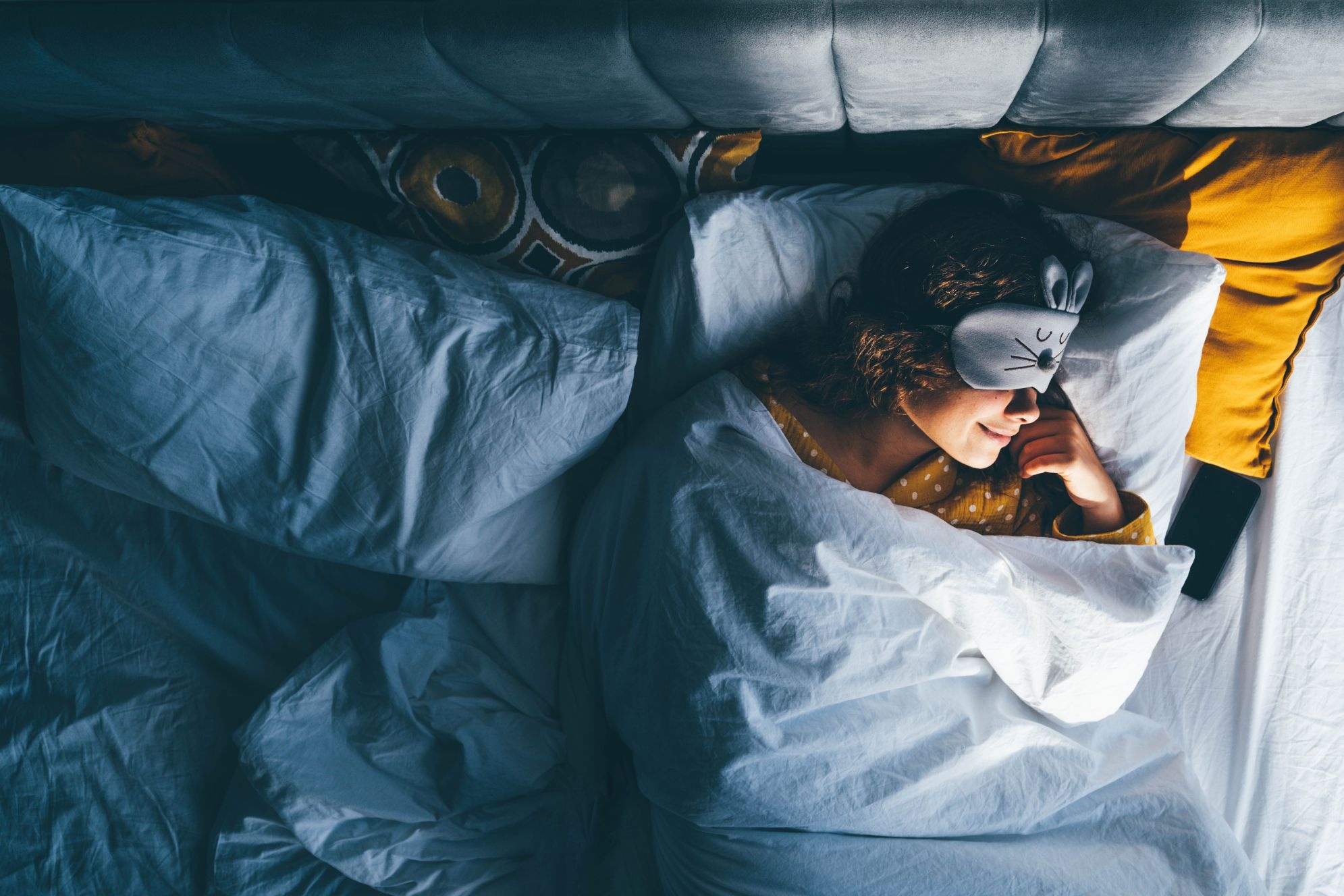Need A Healthy Sleep Schedule? Here’s 5 Steps To The Best Sleep You’ve Ever Had


A good sleep routine can protect you from heart disease, kidney disease, hypertension, and many other disorders. Call The Forge today to learn more.
Biological rhythms are the natural cycle of chemical or functional development in our bodies. It's like a primary "clock" inside your brain that keeps a record of all the other clocks in your body. The "clock" is known as the hypothalamus. It's found right above the nerves that cross the eyes and comprises thousands of nerve cells that work together to keep your body's processes and activities in sync. These biological rhythms consist of circadian rhythms, infradian rhythms, ultradian rhythms, and diurnal rhythms.
During mental health disorders, this clock gets imbalanced, and if it continues for the long term, it can give rise to several diseases. On the other hand, if you follow a good sleep routine, it will help improve your physical, mental, and emotional health and improve the quality of your life.
According to National Heart, Lung, and Blood Institute, what happens while you're sleeping has a significant impact on how you feel when you're awake. Your body works to sustain good brain function and maintain your health and wellbeing while you are asleep. Sleep also helps in growth and development in kids and teenagers.
According to Sleep Advisor, insomnia affects 30% of the adult population in the United States, with 10% suffering from chronic insomnia, making it the most frequent sleep problem. Additionally, tiredness is linked to 20% of all automobile accidents and injuries.
Fortune Magazine article from November 2016 states that sleep deprivation costs the United States $411 billion per year.
Why Is It Important to Have Healthy Sleep?
Suppose you are someone who's encountering a rough sleep schedule. In that case, especially if you're withdrawing from bad mental health, insufficient sleep may cause immediate harm (such as in a vehicle accident), or it can lead to long-term suffering. For example, persistent sleep deprivation can increase the likelihood of developing specific chronic health problems, negatively affecting your life. It can also affect your capacity to think, respond, work, remember, and interact with people.
Sleep deprivation has also led to hundreds of catastrophes such as nuclear reactor meltdowns, huge ship groundings, aviation mishaps, and many more. Therefore, you need to get enough sleep to remain physically and mentally active.
Want to Create a Good Sleep Schedule?
The best part about humans is that they think from a long-term perspective, and each of them has the potential to change their habits for their betterment. Here are some of the best ways to improve your sleep schedule to help you live a healthy life:
#1. Identification of the Problem:
It's essential to identify the reasons that stop you from having a good sleep. For some people, it might be their cellphone; for others, it might be the challenges they face in their day-to-day lives. Once you recognize the reasons for the lack of quality sleep, you'll get one step closer to the solution.
#2. Remove the Distractions:
Distractions are a big part of our life today. Unknowingly, they consume the most effective amount of human time - and sleep time is one of them. Millions of individuals, especially adults, waste their precious sleep time on distractions like social media, games, and other stuff.
To have a healthy sleep cycle, the removal of such distractions from the bedroom becomes mandatory.
#3. Make Gradual Changes:
According to experts, adults must sleep for at least 7 hours a day. But due to several reasons, we tend to stretch our day, which results in sleeping late. Going to bed at a reasonable hour might be a challenge for adults who already have installed the habit of sleeping late.
To overcome this, you can try making gradual shifts in their sleep time until it returns to normal. You can also practice meditation to have a sound sleep.
#4. Night-Time Routine:
Most of the top-notch performers of the world have a similar night-time routine, which includes keeping their electronic devices away, practicing meditation, reading books, or planning the next day. This helps them remain productive for the next day and keeps them focused on their missions.
Similarly, adopting such night-time habits can help you create a better life as well.
#5. Other Habits:
The quality of sleep also depends upon the daily activities that you do. Being physically active, socializing with positive people, avoiding cigarettes or using alcohol, and reducing bedtime activities also help improve your sleep and mental health.
To keep track of your sleep routine, try keeping a sleep record for a couple of weeks to see whether you're sleep-deprived or not. Also, make a note about how much sleep you get each night, how alert and rested you feel in the morning, and how tired you are during the day.
Remember, Lack Of Sleep Causes Serious Health Problems
Many persistent medical problems, such as cardiovascular disease, kidney disease, hypertension, stroke, diabetes, obesity, and depression, are associated with a lack of sleep.
At least once a month, approximately 40% of adults report falling asleep during the day without even realizing it. It is believed that 50 to 70 million Americans suffer from chronic (ongoing) sleep problems. Also, people suffering from mental issues are exposed more to sleeping disorders in comparison to others. Thus, following the right sleep routine and seeking help from trusted professionals during such conditions becomes crucial for progress.
The Forge Treatment Center believes there is always hope. Sleeping disorders can be resolved with the right approach. If you or someone you know struggles with sleep issues, please reach out to today. Sleep is a non-negotiable requirement. Please do not hesitate to contact us today for more information.
Are You Struggling with Mental Health or Addiction?
We Can Help. Call Us Now!
CALL: 877-839-1772





